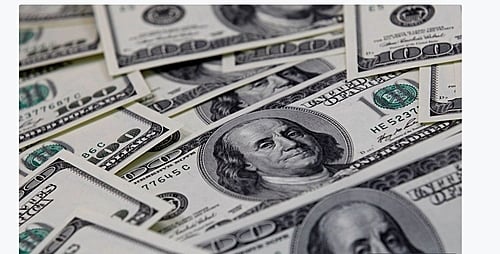The Volatile Tide: Unpacking the Recent Instability of the Brazilian Real
In recent months, the Brazilian real has experienced significant fluctuations, sparking a mixture of concern, speculation, and economic discourse both within Brazil and internationally. While some observers are quick to label the situation as a burgeoning crisis or a cause for panic, experts advise a measured approach to understanding the contributing factors and potential outcomes.
Historical Context
To appreciate the current state of the Brazilian real, it’s essential to consider the broader financial landscape of Brazil. The country has long grappled with economic instability, characterized by periods of hyperinflation, recessions, and political turbulence. The real, Brazil’s official currency since 1994, was introduced to stabilize the economy amid one of its worst periods of hyperinflation. Although it brought initial success and relative stability, the currency has not been free from volatility.
Recent Developments
In 2021, the real faced renewed pressure amid global uncertainties brought on by the COVID-19 pandemic. Factors such as fluctuating commodity prices, shifts in foreign investment, and internal political disputes played significant roles in shifting the exchange rate unpredictably. Most recently, investors have been reacting to varying signals from the government and economic policy adjustments which further impact market confidence.
Key Drivers of Instability
-
Political Uncertainty: Brazil’s political climate has been particularly volatile, with numerous scandals and shifts in power shaking investor confidence. The administration’s policies, especially those related to fiscal responsibility, were closely scrutinized. When signals from the government appeared inconsistent or overly optimistic without concrete backing, the market’s reaction was swift and often negative.
-
Economic Policy: Changes in interest rates and fiscal policies are central to the discussion. The Brazilian Central Bank has made several interventions aimed at controlling inflation and stabilizing the real. However, these interventions sometimes have unintended consequences, such as reduced foreign investment or increased public debt concerns.
- Global Market Trends: The strength of the US dollar, commodity prices, and international trade dynamics heavily influence the real. Brazil, a leading exporter of commodities like soybeans and iron ore, is susceptible to global market shifts. The strength of the US dollar, often inversely proportional to emerging market currencies like the real, has also played a significant role in the real’s recent volatility.
The Bigger Picture
It’s crucial to avoid viewing the instability of the real as an isolated issue confined to Brazil. Instead, it reflects broader economic patterns that many emerging markets face in reaction to global financial pressures. For example, changes in US Federal Reserve policy can lead to ripple effects in emerging economies, influencing their currencies and investment climates.
Looking Forward
As we move further into 2023, economic analysts and policymakers are closely watching Brazil’s actions. The government may introduce new measures to bolster the real or present more coherent macroeconomic strategies to instill greater confidence. It remains essential for both domestic and international stakeholders to stay informed and consider the nuanced factors contributing to the real’s performance.
For Brazil, economic stability is a multifaceted challenge requiring a holistic approach. While the reactive measures to currency instability are vital, long-term strategies focusing on sustainable economic growth, political stability, and fiscal responsibility will ultimately be the key to achieving a more stable financial environment.
For further detailed reading, visit Brasil de Fato.
By maintaining a balanced perspective and understanding the broader economic context, investors and policymakers can navigate the turbulent waters of currency instability more effectively, fostering a more resilient financial future for Brazil.
